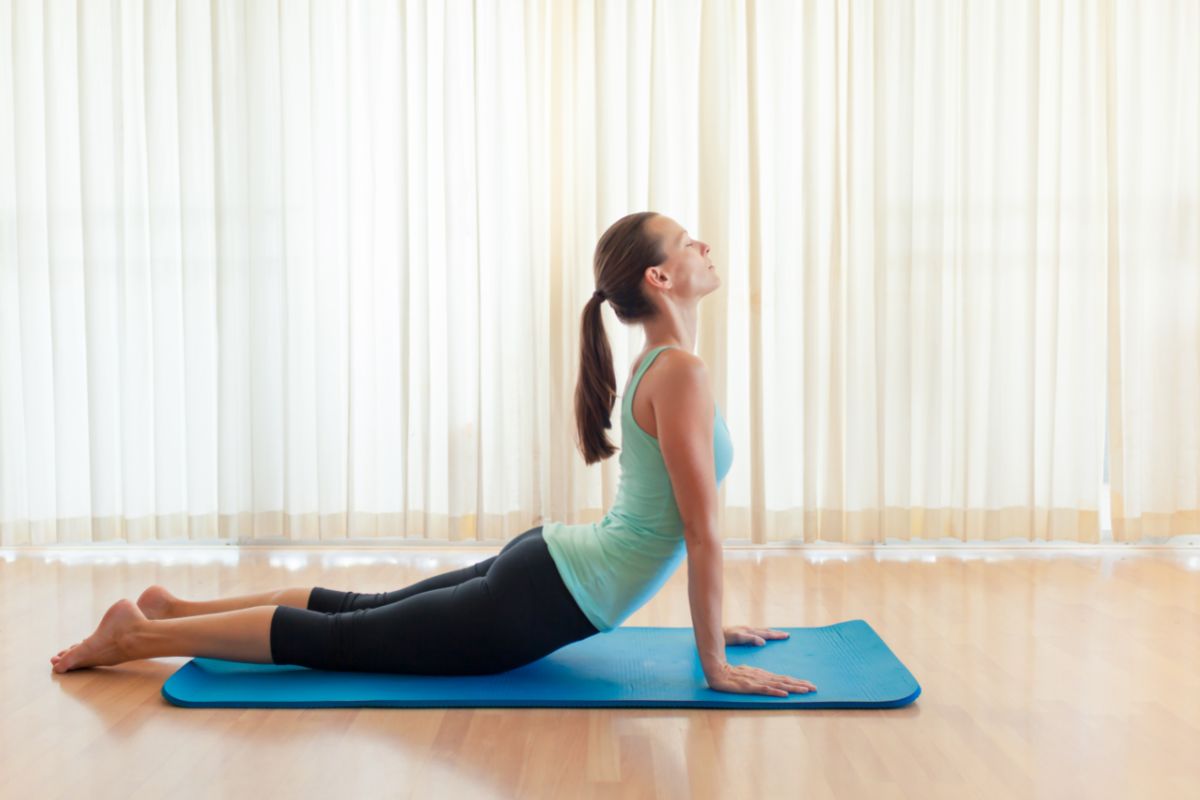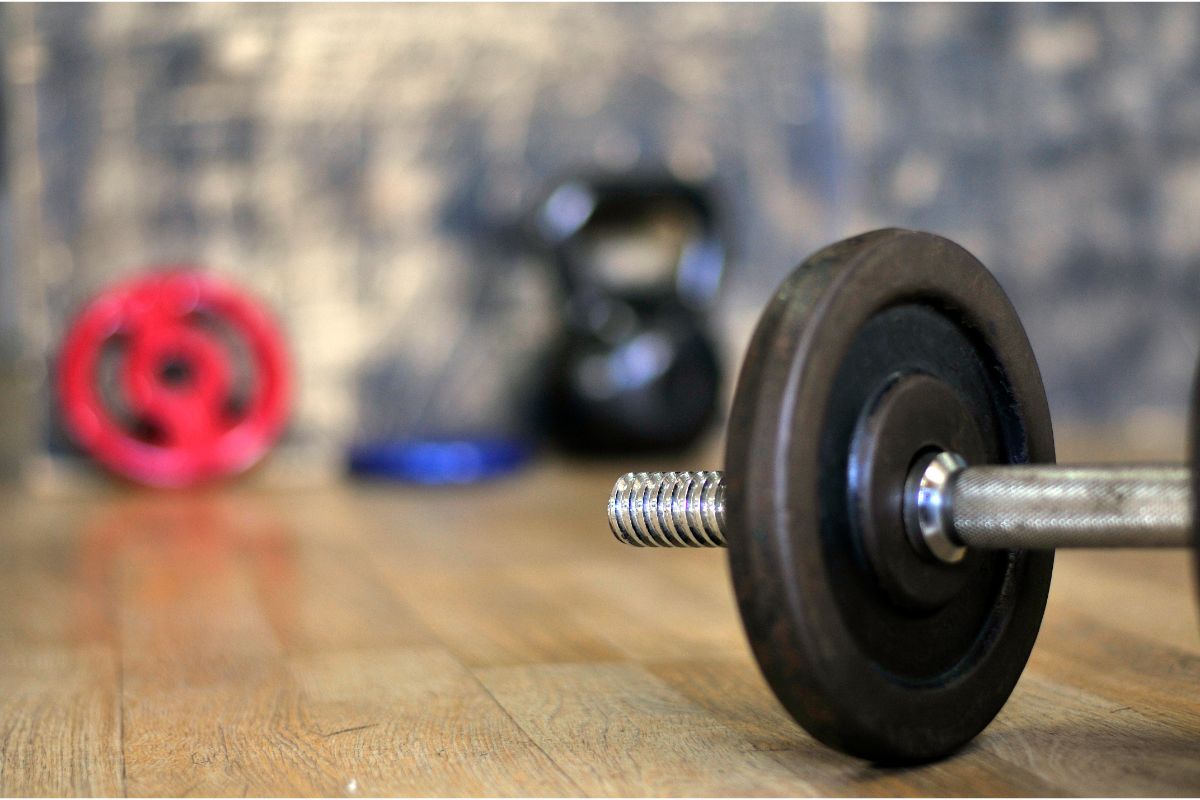When you are looking for quick and easy exercises at home, you will probably return to the basics. Many people do and there is a reason for that – it works!
This is especially true if you only have between 30 mins or so to work out each day.
These basic exercises can range from push-ups and sit-ups to simply jogging on the spot or going up and down the stairs multiple times.


However, there is one workout that, while probably pretty simple in what it requires, intimidates and confuses people a lot.
That workout is the pull-up. While you only need an affixed bar to a strong point and your hands, the effort required to do this workout puts people off.
However, the struggle to do a pull-up makes many people wonder whether it is even worth doing. I mean, are pull-ups even good for you?
What Are Pull-Ups?
A pull-up is exactly what it sounds like: it is a movement where you use your arms to pull your entire body up towards a bar or point aligned with your chin, after which you can either pull your whole body over the bar or point or let it gradually sink below it.
Due to the description we have given, this move sounds an awful lot like a chin-up, but the difference between a chin-up and a pull-up is fairly large and has a lot to do with how you do them and what muscles you use for them.
For a chin-up, when you grip the bar, your hands are fairly close together, being about the width of your face away from one another.
Your knuckles will also face outward, with your palms facing your body.
For a pull-up, when you grip the bar, your hands will be quite fair apart, being about the width of your shoulders in distance from one another.
Your knuckles will face inward and your palms will face the direction away from your body.
While both are quite tough exercises, the muscles you use and the position of your body in a chin-up make it far easier to do continually than a pull-up.
With that said though, mastering chin-ups first is a good way to start introducing pull-ups to your repertoire, as the motion and feel of them are very similar, making it easier to know whether you are doing the movements correctly.
Are Pull-Ups Good For You?


Yes and no is the short answer. The long answer is yes, but they should never feature as a core focus of your workout.
In today’s world, we see a lot of influencers, people online, and fitness fanatics swear by doing pull-ups continually.
However, you should note that these are probably part of challenges and short intense workouts and they probably do not do a mass of pull-ups every day as their only form of exercise.
This is because pull-ups are not only hard to do, but they are also incredibly hard on the body.
Pull-ups count as resistance workouts because you are resisting gravity and the ground to do your pull-up, and due to their difficulty, they put a lot of pressure on the body that the body then needs to recover from.
When you see great marathon or endurance runners running, like Mo Farah or Paula Radcliffe, it is great to see, but if you saw them on their usual everyday running route, we can guarantee they are not running marathons every time they go out.
This is because a marathon is insanely hard on the body and the body needs to rest from them.
Pull-ups are the same, though less intense, and also put a great deal of strain on your body. With that said, pull-ups are still great resistance training exercises that you should give serious consideration to!
If you manage the routine right, then pull-ups can improve and expand basically all the muscles in your upper body – from your core, chest, and back, to your biceps, shoulders, and triceps – and it helps increase your endurance, meaning you can work out for longer.
Pull-ups can also be done pretty much anywhere so it is an incredibly easy workout to do. But do not underestimate the challenge of the exercise itself!
When working out, some people need a challenge, and not many things are more challenging than a full set of pull-ups.
By working towards being able to do a full set of pull-ups, a person can remain focused on their workouts and on improving their strength without losing interest.
How Many Pull-Ups Should I Do Per Day?
The amount of pull-ups you do per day depends on your own fitness level and your health condition.
If you are in good shape and otherwise healthy, see exactly how many pull-ups you can do before you have to stop.
If you can do only 1 or 2 pull-ups before you have to let go, then start small and your goal may be to get to 3 or 4 within a few weeks.
Or, maybe try doing 1 pull-up a day or try doing 1 pull-up every few hours until you hit 3 to 5, so you can build yourself up.
Once you can comfortably do 3 to 5 in a row, then you can start tackling proper sets.
From this point, you can either do one set of 3 to 5 pull-ups or 3 to 5 sets of 1 to 2 pull-ups throughout the day.
As you get better at them, incrementally increase your set amount and pull-up amount every time you get better.
However, the maximum amount you really want to do a day is 15 to 20.
If you go beyond this, no matter how fit you are, you are risking long-term damage to your muscles and body.
It may not be what you want, but trust us, your body will thank you for not putting pressure on it constantly.
The alternative is doing pull-ups only a few times a week. That way you get the resistance training in and your body is given time to rest.
Conclusion
Pull-ups are a great exercise for building strength and endurance in the upper-body muscles.
If you are looking for a simple home workout, that is also effective, then the pull-up is for you.
However, make sure you don’t overdo it with this form of exercise. It is great for your body but make sure you are letting your body recover in between sessions.
- How To Start HIIT Workouts [Beginner’s Guide] - May 18, 2023
- How To Sneak A Workout In While Taking Care Of Your Baby - March 17, 2023
- How To Build Your Chest With Dumbbells [Guide] - February 9, 2023








